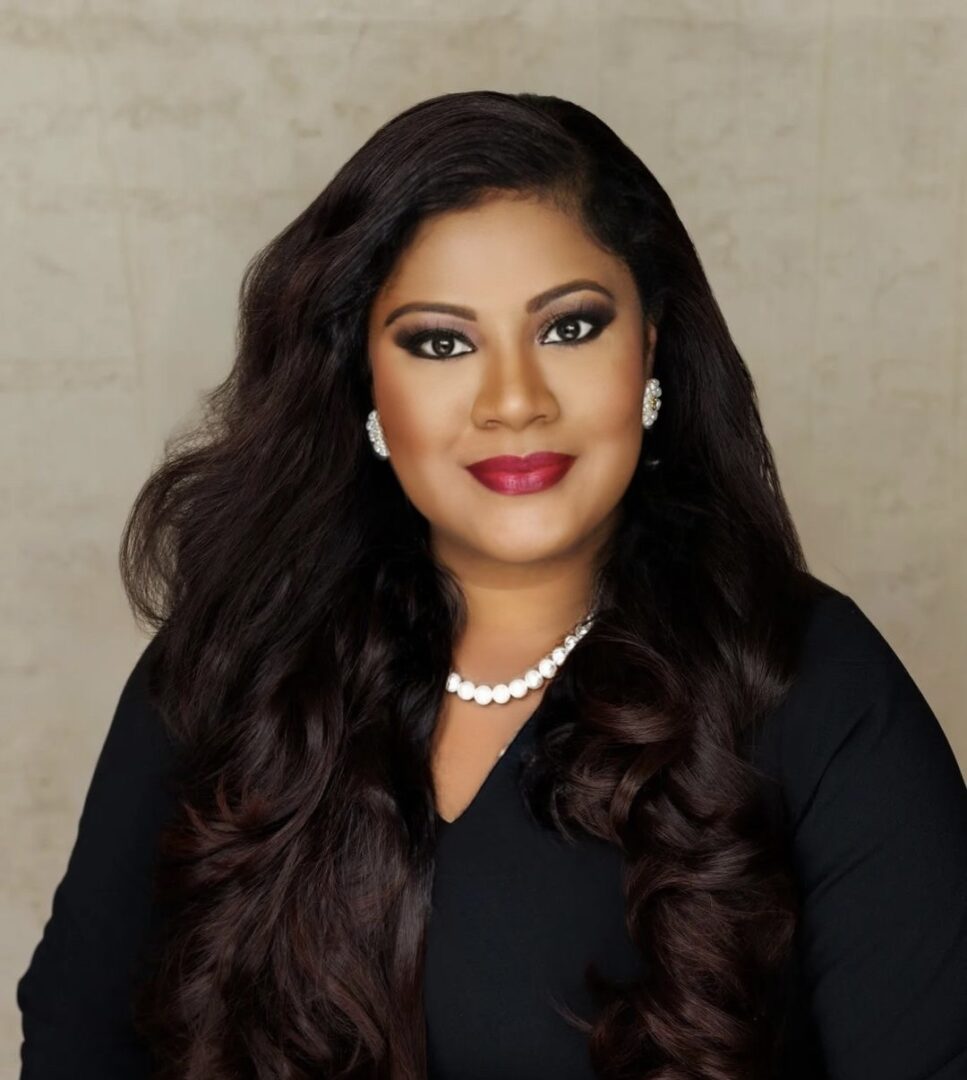We caught up with the brilliant and insightful The Most Reverend Dr. A. Louise a few weeks ago and have shared our conversation below.
Hi The Most Reverend Dr. A. Louise , so excited to talk about all sorts of important topics with you today. The first one we want to jump into is about being the only one in the room – for some that’s being the only person of color or the only non-native English speaker or the only non-MBA, etc Can you talk to us about how you have managed to be successful even when you were the only one in the room that looked like you?
“Being the only one in the room—whether as a woman, a person of color, or both—has been both a challenge and an opportunity for growth. Over time, I’ve learned to channel this unique position into a source of strength and effectiveness by focusing on three key principles: authenticity, preparation, and advocacy.
First, I’ve embraced authenticity as a cornerstone of my approach. Early in my career, I sometimes felt the pressure to conform to the expectations or norms of the majority in the room. However, I’ve come to understand that my unique perspective is not a liability but an asset. My lived experiences as a woman of color bring a distinct lens to problem-solving and decision-making, and I’ve learned to lean into that rather than shy away from it. By staying true to myself, I’ve been able to build trust and credibility, even in spaces where I might initially feel underrepresented.
Second, preparation has been critical. When you’re the only one who looks like you, there’s often an unspoken burden to overdeliver. I’ve turned this into a strength by ensuring that I’m always the most prepared person in the room. This means doing my homework, anticipating questions, and having data or insights to back up my contributions. Preparation not only boosts my confidence but also ensures that my voice is heard and respected, even in environments where biases might exist.
Finally, I’ve made it a priority to advocate for others. Being the only one in the room has made me acutely aware of the systemic barriers that prevent diversity and inclusion. I’ve taken it upon myself to mentor, sponsor, and uplift others who might not yet have a seat at the table. By creating opportunities for others, I’m not only paying it forward but also contributing to a more inclusive environment where diversity is celebrated rather than tokenized.
In summary, my success in these spaces has come from embracing my identity, leveraging preparation to amplify my voice, and using my position to advocate for greater representation. It’s not always easy, but I’ve learned that being the only one in the room can be a powerful catalyst for change—both for myself and for those who will follow.”

Thanks for sharing that. So, before we get any further into our conversation, can you tell our readers a bit about yourself and what you’re working on?
Thank you for the opportunity to share my journey and the work I am deeply passionate about. My life is a tapestry woven with diverse threads—ministry, business, healthcare, and education—all aimed at uplifting individuals and communities globally.
At the heart of my work is A.L. Bonaparte Ministries, a multifaceted organization that encompasses seven nonprofits, each dedicated to addressing critical needs such as spiritual growth, education, healthcare, and economic empowerment. As the 2nd Presiding Bishop of Temple of the Good Shepherd Ministries Worldwide, I oversee a vast network of churches, clergy, and missions spanning 200 countries. This role allows me to lead and inspire a global community, fostering unity and spiritual growth across cultures and continents. Serving alongside my mother, Archbishop Eloisa Crawley-Bonaparte, has been both an honor and a profound responsibility, as we continue to build on the foundation of faith and service she established.
Beyond ministry, I am the CEO of Jabez Global Enterprise, a 95-year-old conglomerate that operates over 300 businesses across every continent. This enterprise is not just about commerce; it’s about creating opportunities, empowering employees, and driving sustainable impact in communities worldwide. My background as a retired surgical oncologist also informs my approach to leadership, blending precision, compassion, and a commitment to wellness in all that I do.
What excites me most about my work is the ability to intersect faith, business, and wellness in a way that transforms lives. Whether I’m preaching in a remote village, teaching business principles to aspiring entrepreneurs, or sharing insights on spirituality and wellness, my goal is to equip individuals with the tools they need to thrive holistically.
Currently, I’m focused on several new initiatives:
Global Leadership Summits: Bringing together leaders from various fields to discuss innovative solutions to global challenges.
Wellness Programs: Expanding our initiatives that integrate physical, mental, and spiritual health.
Entrepreneurship Training: Launching new programs to support small businesses and startups in underserved communities.
My brand is built on the principles of integrity, excellence, and service. I believe that true success is measured not by personal achievements, but by the positive impact we leave on the world. Through my ministries, businesses, and teachings, I strive to empower others to discover their purpose, unlock their potential, and create a legacy of their own.
Thank you for allowing me to share my story. I look forward to continuing this journey of faith, leadership, and service, and I invite your readers to join me in making a difference, one life at a time.
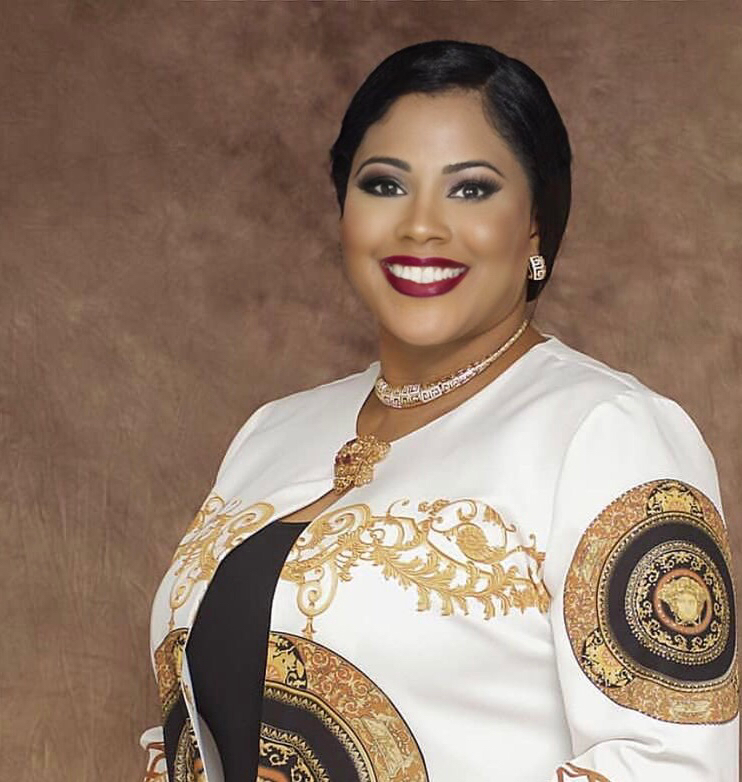
If you had to pick three qualities that are most important to develop, which three would you say matter most?
Reflecting on my journey, three key elements stand out as foundational to my success: resilience, emotional intelligence, and interdisciplinary knowledge. Let me break these down and offer advice for those who are just beginning their own paths.
1. Resilience
As a woman of color navigating multiple high-stakes fields—medicine, entrepreneurship, ministry, and leadership—I’ve faced systemic barriers, biases, and moments of self-doubt. Resilience has been my anchor. It’s not just about bouncing back from failure but also about finding meaning in the struggle and using it as fuel to keep moving forward.
Advice for early-career professionals:
Normalize failure.** Understand that setbacks are not a reflection of your worth but opportunities to grow.
Build a support system.** Surround yourself with mentors, peers, and loved ones who believe in your potential and can uplift you during tough times.
Practice self-compassion.** Be as kind to yourself as you would be to a friend facing a challenge.
2. Emotional Intelligence (EQ)
In every role—whether preaching to a congregation, leading a company, or performing surgery—emotional intelligence has been critical. EQ is the ability to understand and manage your own emotions while empathizing with others. It’s what allows me to connect deeply with people, foster trust, and lead with authenticity.
Advice for early-career professionals:
Develop active listening skills.** Truly hearing others builds rapport and helps you respond thoughtfully.
Practice self-awareness.** Reflect on your emotional triggers and how they impact your decisions and relationships.
Cultivate empathy.** Seek to understand perspectives different from your own, especially in diverse and high-pressure environments.
3. Interdisciplinary Knowledge
My ability to integrate knowledge from various fields has been a game-changer. As a surgeon, I understand the science of healing; as a preacher, I grasp the spiritual dimensions of human suffering; as a CEO, I’ve mastered the art of strategy and innovation. This interdisciplinary approach allows me to solve complex problems in unique ways.
Advice for early-career professionals:
Be a lifelong learner.** Stay curious and explore areas outside your primary field of expertise.
Seek cross-disciplinary opportunities.** Volunteer for projects or roles that push you out of your comfort zone and expose you to new ways of thinking.
Build bridges between disciplines.** Look for connections between seemingly unrelated fields—this is where innovation happens.
Final Thoughts:
My journey has taught me that success is not linear, nor is it solely about individual achievement. It’s about lifting others as you climb, staying rooted in your values, and embracing the unique intersections of your identity and experiences. For those early in their journey, remember this: you are enough, and your unique perspective is your superpower. Invest in yourself, stay grounded in your purpose, and don’t be afraid to redefine what success looks like for you.

Is there a particular challenge you are currently facing?
One of the most pervasive challenges I face as a woman and person of color is the systemic and deeply entrenched nature of racism and sexism in various aspects of society. These biases manifest in both overt and subtle ways, from microaggressions in professional settings to broader structural inequalities that limit access to opportunities and resources. It is disheartening to witness how these barriers persist despite significant advancements in social justice and equity movements.
To address this challenge, I employ a multifaceted approach grounded in resilience, education, and advocacy. First, I prioritize self-education and awareness, staying informed about the historical and contemporary contexts of racism and sexism. This knowledge equips me to identify and articulate these issues when they arise, fostering a sense of empowerment and clarity in my responses. Additionally, I actively seek out and engage with communities of support—spaces where I can share experiences, gain strength, and collaborate with others who are similarly committed to dismantling these systemic barriers.
In professional and personal settings, I strive to be an advocate for equity by challenging biased behaviors and policies, whether through direct dialogue or by leveraging platforms to amplify marginalized voices. Mentorship also plays a critical role; by supporting and uplifting other women and people of color, I aim to create a ripple effect of empowerment and representation.
Finally, I recognize the importance of self-care in this journey. Confronting systemic oppression can be emotionally taxing, and prioritizing mental and emotional well-being ensures that I remain resilient and effective in my efforts. While the road to overcoming racism and sexism is long and arduous, I remain committed to contributing to a more just and equitable world through persistent action, solidarity, and hope.
Contact Info:
- Website: https://revdralb.com
- Instagram: @dralb
- Facebook: A Louise Bonaparte
- Linkedin: Rev. Dr. A. Louise Bona
- Twitter: @DRALBonaparte
- Youtube: A.L. Bonaparte Ministries
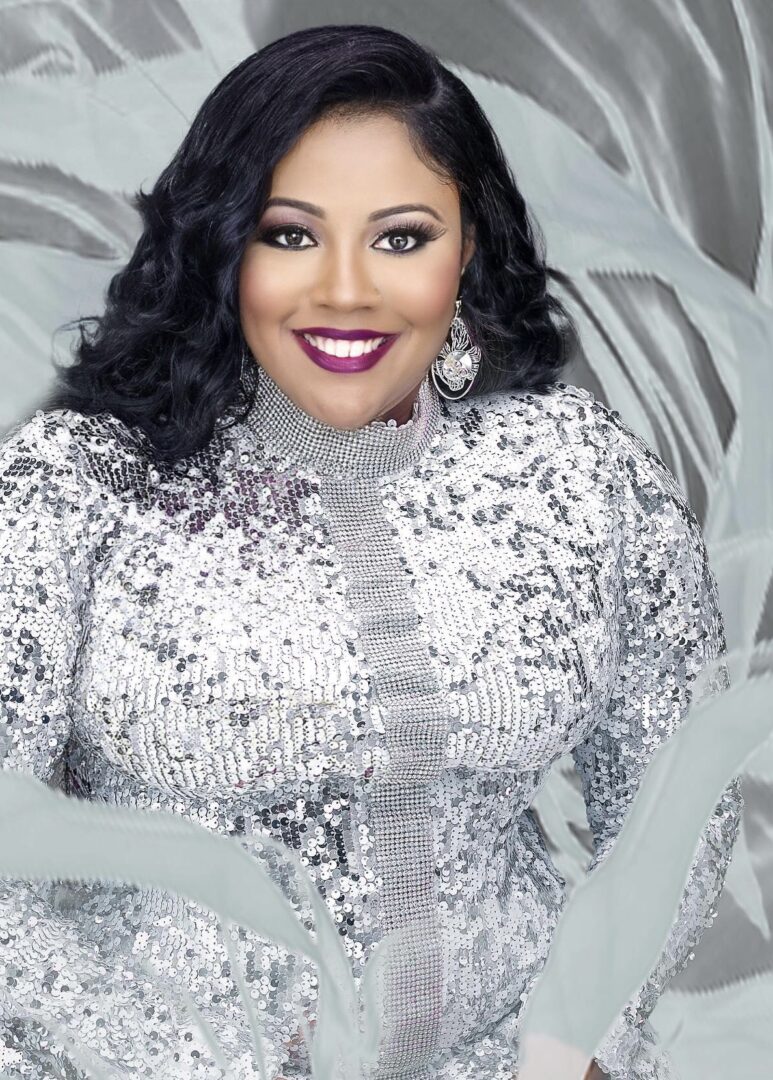
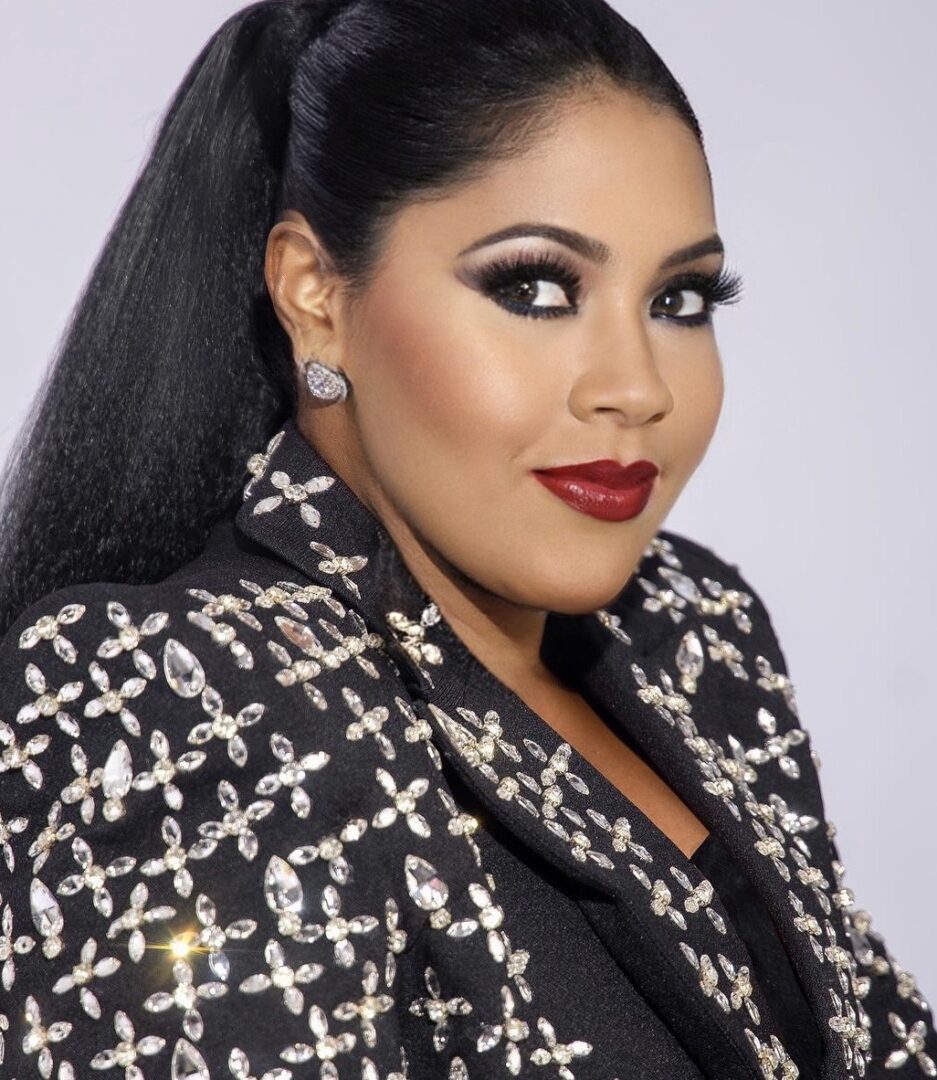

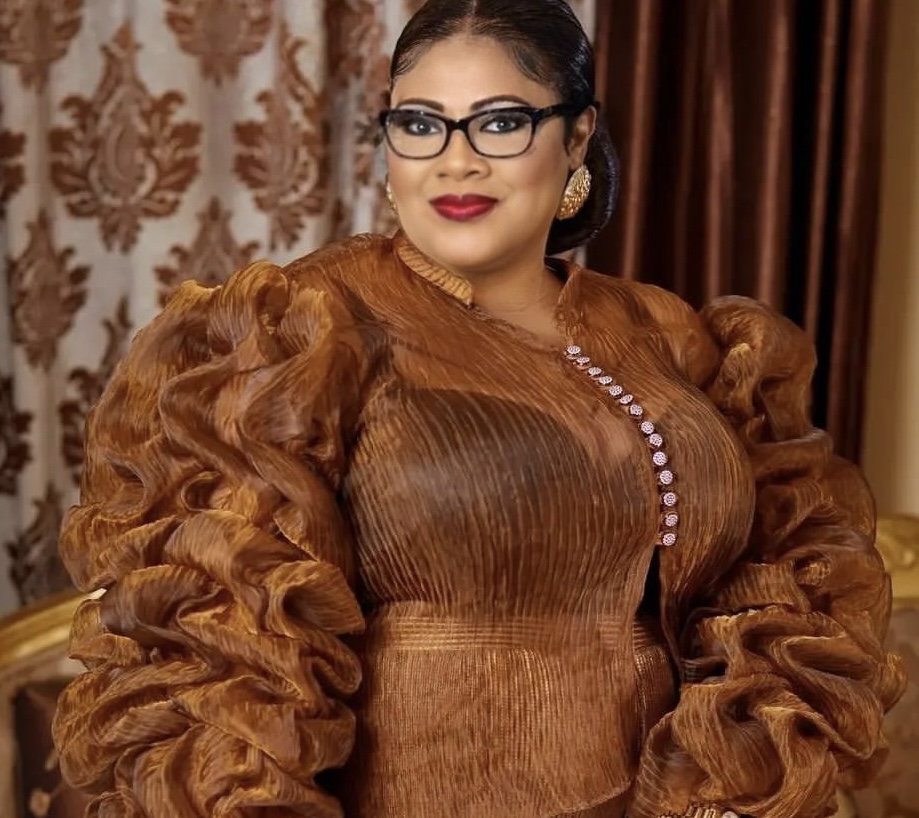
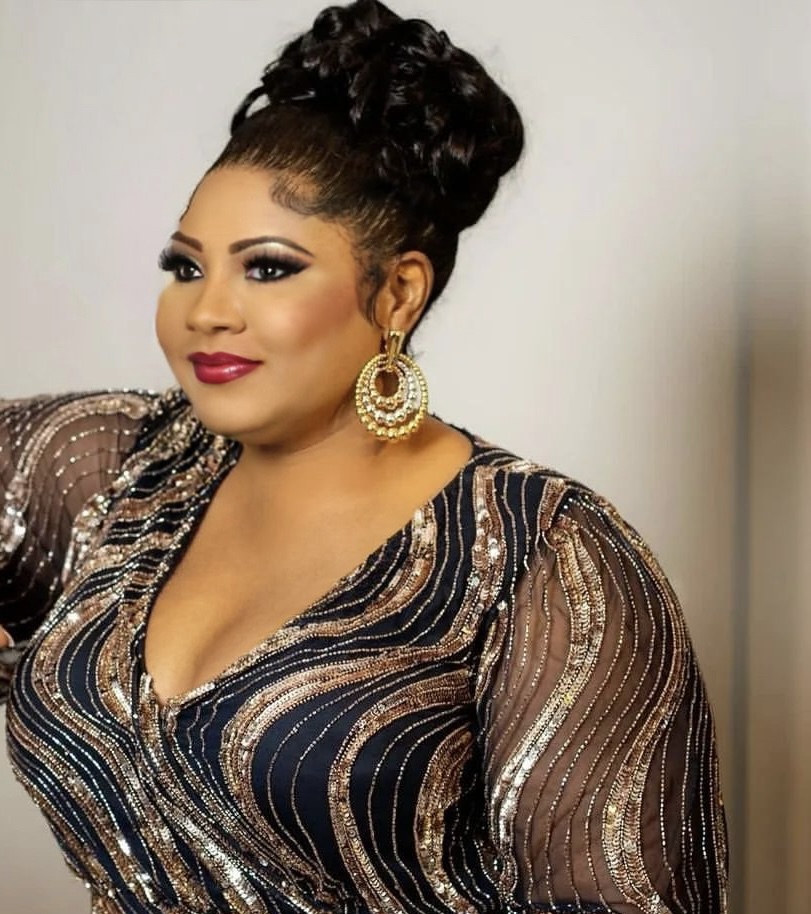

so if you or someone you know deserves recognition please let us know here.

